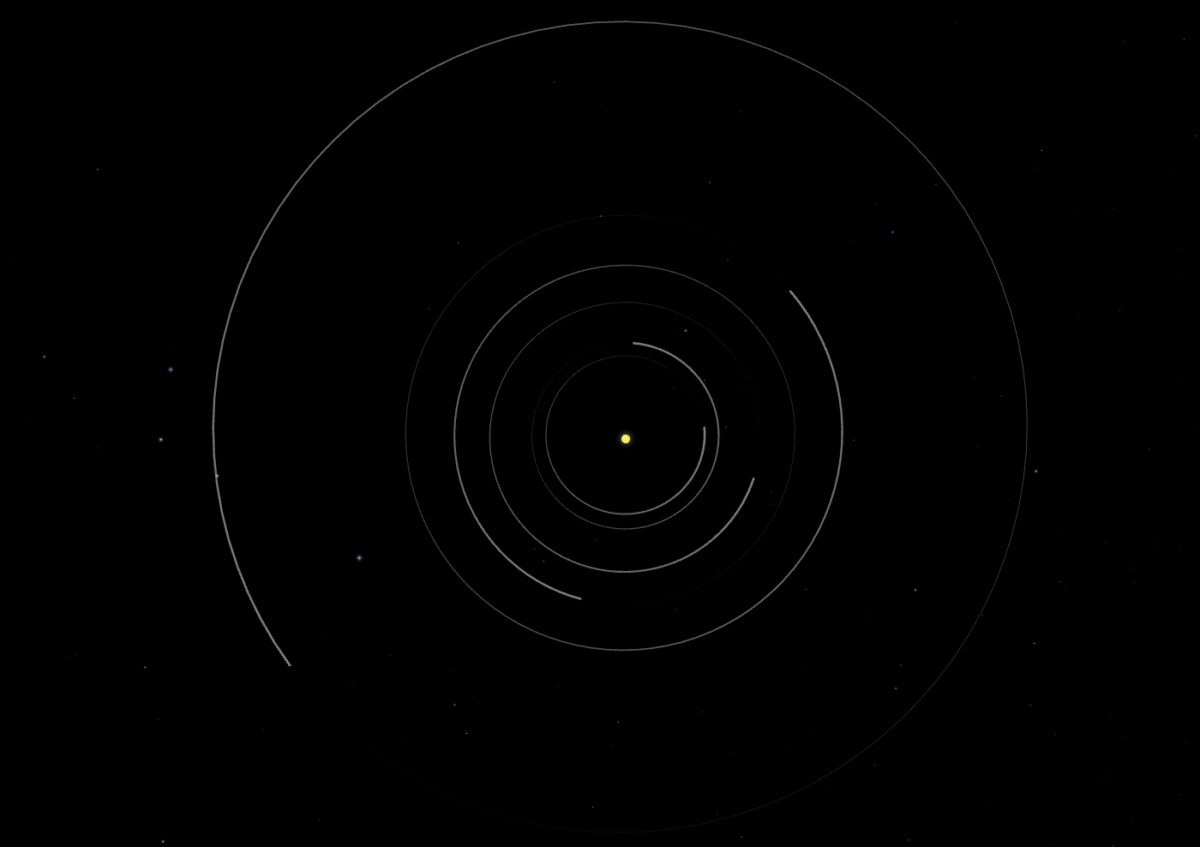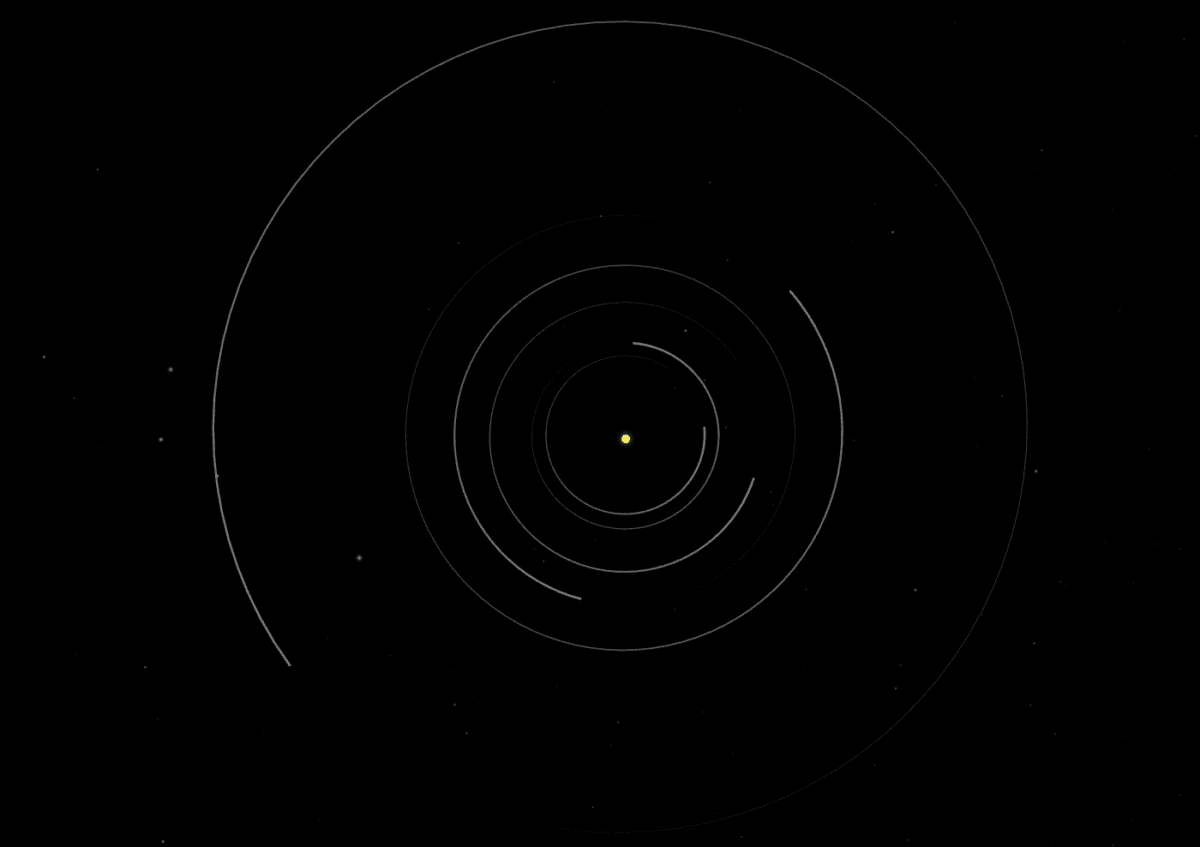 solar system, exoplanets, planetary formation, astronomyThe Kepler-11 system, as imagined from above, is a “peas-in-a-pod” planetary system. Credit: NASA
solar system, exoplanets, planetary formation, astronomyThe Kepler-11 system, as imagined from above, is a “peas-in-a-pod” planetary system. Credit: NASA
For decades, astronomers thought our solar system was special. They believed it was a unique mix of planets and orbits, different from everything else in the universe. However, recent studies suggest that our celestial neighborhood might be more typical than previously thought. This finding questions old beliefs. It also opens new ways to understand how planets form and the chances for life beyond Earth.
The Evolution of Perspective
Early Assumptions
Initially, the discovery of exoplanets—planets orbiting stars outside our solar system—revealed systems vastly different from ours. Many featured “hot Jupiters.” These gas giants orbit very close to their stars. This setup is not found in our solar system. Such findings led scientists to view our planetary arrangement as atypical.
Shifting Paradigms
Advancements in detection methods and data analysis have broadened our understanding. A study on Astronomy.com shared a new way to classify exoplanetary systems. This helps us understand how planets form, including our own. This approach has revealed that many systems share characteristics once thought unique to ours.Astronomy Magazine
Commonalities with Other Systems
Planetary Arrangements
Many planets in a system tend to have neat arrangements. This is similar to how our solar system is organized. The Kepler-11 system shows a “peas-in-a-pod” setup. It has planets that are similar in size and have evenly spaced orbits. Astronomy Magazine
Orbital Characteristics
Our solar system doesn’t have “super-Earths.” These are planets bigger than Earth but smaller than Neptune. This lack isn’t too surprising. Studies show that whether these planets exist depends on different formation histories and environmental factors. Physics Stack Exchange
Implications for Planetary Formation
Understanding that our solar system is not exceptionally rare has profound implications:
-
Planet Formation Theories: It backs models that show how planetary systems form similarly. This leads to like outcomes across the galaxy. ScienceDaily +1 UNSW Sites +1
-
Search for Life: If our system is normal, conditions that support life here may exist elsewhere. This could raise the chances of finding extraterrestrial life.
-
Astrobiology: Noticing shared traits in planets helps us find exoplanets that might support life.
FAQs
Q: Why was our solar system once considered unique? A: Early exoplanet discoveries showed systems very different from ours. This made many think our solar system’s layout was rare.
Q: What changed this perspective? Better detection techniques and wider data analysis showed that many exoplanet systems are like ours. This suggests they are more common than we once believed.
Q: Does this mean life is common in the universe? A: Similar planets might be out there, but life needs many factors to arise. However, the commonality increases the probability of life elsewhere.
Q: How does this affect future space exploration? A: It helps astronomers target systems that have Earth-like traits. This makes the search for habitable exoplanets more efficient.
Q: Are there still unique aspects of our solar system? A: Yes, every system has its peculiarities. Our solar system doesn’t have close-in super-Earths, and that’s interesting.
Conclusion
Our solar system is not unique. It fits into a larger cosmic pattern. This changes how we view the universe. It highlights the need for ongoing exploration and study. Each discovery helps us answer key questions about our place in the universe.
Read our previous article: Barbie’s 60-Year Astronaut Legacy
